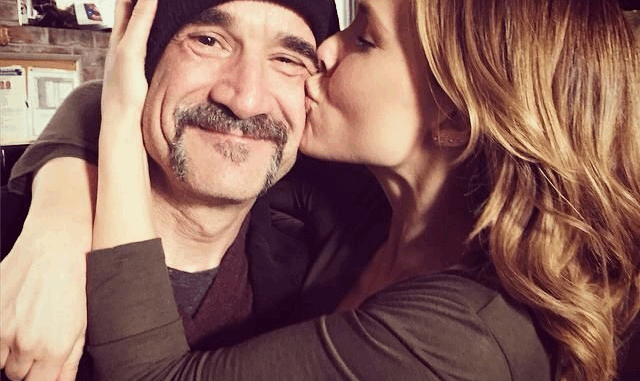
There are deaths in television that shock an audience. And then there are deaths that carve themselves into the soul of a series, forever altering its heartbeat. For Chicago P.D., one loss stands above the rest — not simply because a character was written out, but because the family at the core of Intelligence was ripped apart. It wasn’t just losing a cop. It was losing a brother, a protector, and the fragile glue that held the team together.
The One Chicago universe has never been afraid to take risks with tragedy. Fires consume heroes on Chicago Fire. Unexpected illness and heartbreak devastate the doctors on Chicago Med. But when Intelligence lost one of its own, the grief felt different. Fans didn’t just watch a storyline conclude; they witnessed a family fracture in real time. The badge may have symbolized duty, but behind it were bonds as deep as blood. And when that badge fell, everything cracked.
From the very beginning, Intelligence was more than a unit. Sergeant Hank Voight ran his squad with an iron will, but beneath the steel exterior was a philosophy: once you were inside, you were family. Partners weren’t just colleagues; they were lifelines. Every raid, every bust, every undercover op demanded absolute trust. That’s why the death hit so hard. Trust can withstand danger, bullets, and betrayal from outside. But it cannot withstand the silence left behind when one of your own is gone.
The aftermath of that death changed the rhythm of the show. Scenes inside the district suddenly felt colder, quieter. Characters who once moved with confidence now hesitated, carrying invisible weight. Even the camera seemed to linger differently, as if the absence could not be ignored. For longtime viewers, it was like watching a table with a missing leg: everything tilted, unsteady, threatening to collapse.
Fans remember the specifics — the moment the loss happened, the shockwave it sent through the precinct, the way grief turned hardened cops into broken souls. But what stands out most is not the incident itself, but what it revealed. Intelligence had always been defined by resilience, by bending rules to protect Chicago. Yet no amount of toughness could prepare them for this. And no amount of resolve could erase the pain.
Hank Voight, a man who had buried so many emotions under layers of rage and control, suddenly looked human in a way that unsettled everyone. He didn’t just lose a detective. He lost someone who carried a piece of his own heart. Other members of the team struggled too — some with guilt, some with rage, some with denial. Together they stood, but together they were broken.
Audiences around the world felt it with them. Social media became a flood of mourning. Fans wrote tributes as though they were grieving a real friend, because in a way, they were. Chicago P.D. had invited viewers into the lives of these characters for years. The line between fiction and family blurred. When death came, it didn’t feel like a twist. It felt like a funeral.

What makes this loss even more devastating is the ripple effect it left behind. Storylines that once centered on loyalty and unity turned into arcs of survival and recovery. Jokes were fewer, smiles rare. Every victory was shadowed by the memory of who wasn’t there to see it. Intelligence kept moving forward — because that’s what cops do, and that’s what family does. But the silence between them spoke louder than the sirens outside.
“Not just a partner, not just a cop.” That phrase has echoed among fans ever since, because it captures the truth of the tragedy. A partner can be replaced on paper. A cop can be transferred, promoted, or written off a roster. But family? Family leaves scars that never fade. This death was not just a change in casting or a narrative decision. It was the moment Chicago P.D. transformed, crossing a threshold into something heavier, sadder, and more real.
The heart of One Chicago has always been about the weight of loss. But in this case, it wasn’t only a character who died. It was a piece of Intelligence itself. And though new recruits have joined, though storylines have evolved, though years have passed, there will always be a missing chair at that table, a missing voice on the radio, a missing bond that no new partner can recreate.
Because he wasn’t just a partner. He wasn’t just a cop. He was family. And his death tore Intelligence in two.